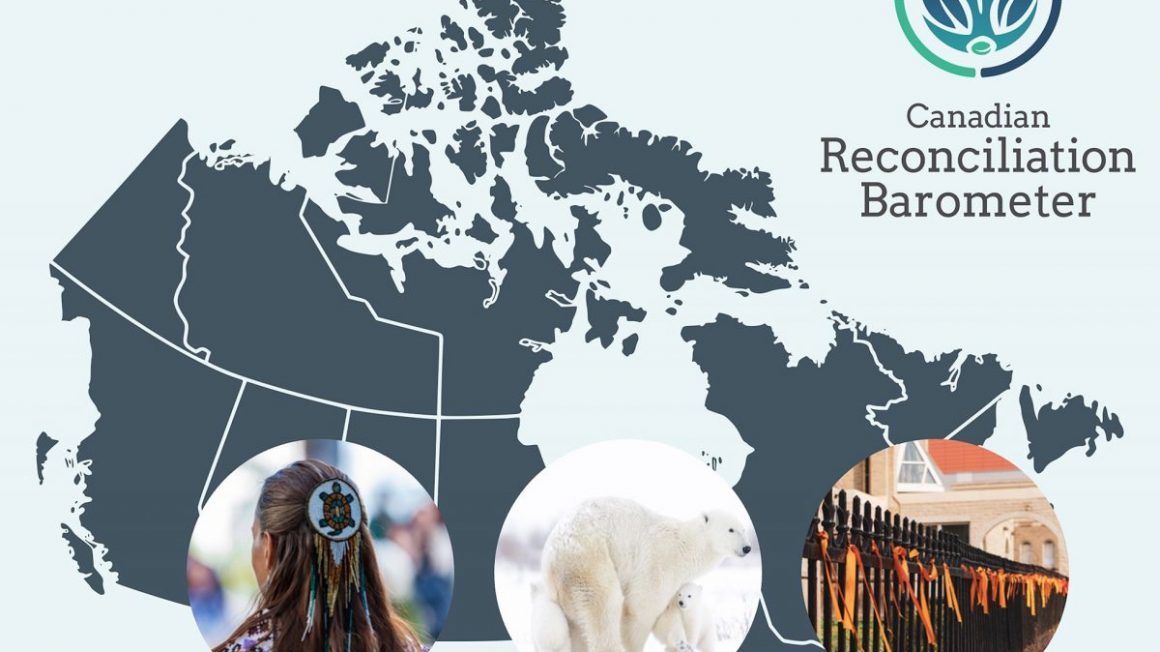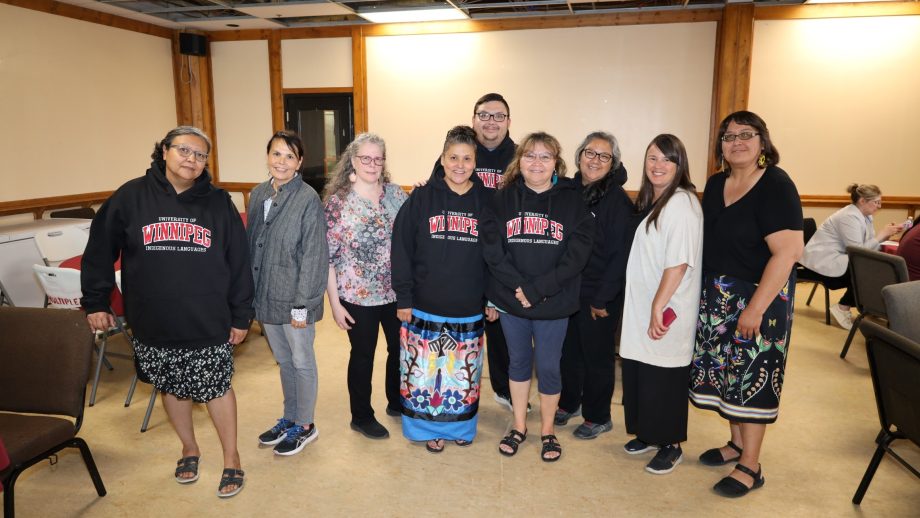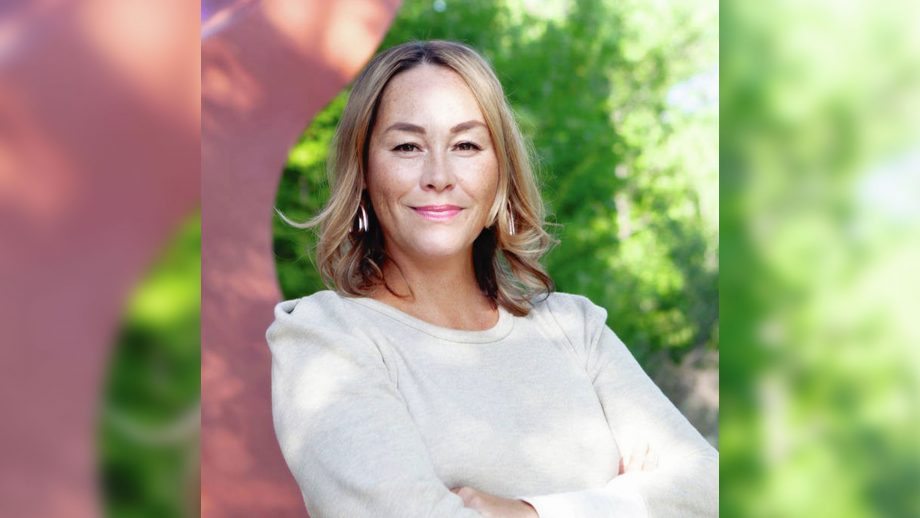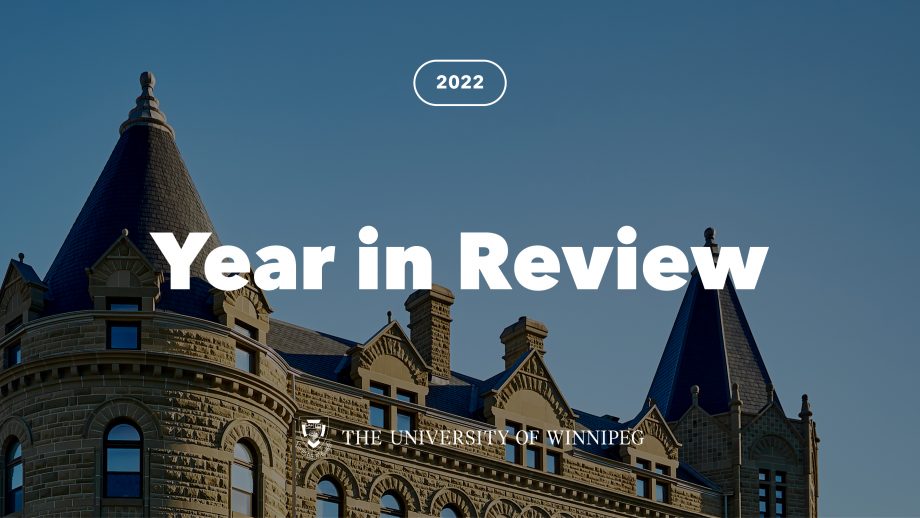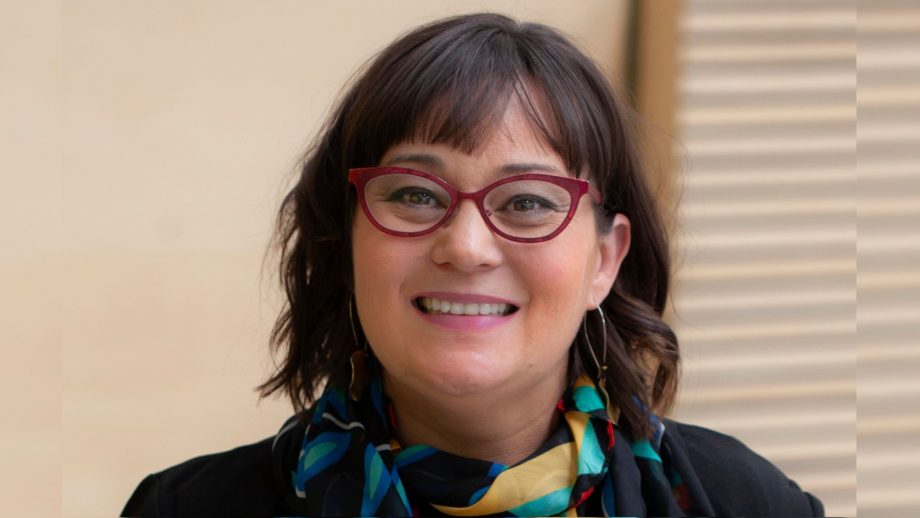The first report from the Canadian Reconciliation Barometer, which measures progress toward Reconciliation, was released last week. Highlighting gaps in understanding between Indigenous and non-Indigenous peoples in Canada and comparing progress across sectors of society, the findings can inform public policy.
It is important to gauge Canadians understanding of reconciliation and what it means to Indigenous peoples, so we have a sense of the work that lies ahead.
Dr. Lorena Fontaine, UWinnipeg Associate Professor, Human Rights
Researchers from the University of Manitoba, University of Victoria, and University of Winnipeg polled 3,225 Indigenous and non-Indigenous people on 13 indicators of reconciliation including: Good understanding of the past and present; Acknowledgement of ongoing harm; Respectful relationships; Personal equality; and Systemic equality.
“It is important to gauge Canadians understanding of reconciliation and what it means to Indigenous peoples, so we have a sense of the work that lies ahead,” said UWinnipeg Associate Professor, Human Rights, Dr. Lorena Fontaine who has been a co-investigator in the project since 2017, working alongside Dr. Dean Peachy (former executive director of UWinnipeg’s Global College) who played a key role up until his retirement in 2021.
The team carefully reviewed what residential school Survivors said about reconciliation in their statements to the TRC. Focus groups with people and organizations working in this field provided further grounding.
The report highlighted that, while both Indigenous and non-Indigenous people agree that Residential Schools and governments in Canada have harmed Indigenous Peoples, there’s a worrisome gap in understanding between the groups. The implication of this finding is that we need to continue to invest in education about Residential Schools—as well as Indigenous Peoples experiences in Canada more broadly.
“The walk toward Reconciliation will be a long one and lead us down many paths. Our report suggests we have begun our walk—there are some bright spots in our findings—and that we have a lot of work ahead of us.” said Dr. Katherine Starzyk, associate professor in psychology at the University of Manitoba and the project’s principal investigator.
The Barometer Report is supported by the Social Sciences and Humanities Research Council, the National Centre for Truth and Reconciliation, Probe Research Inc., Mitacs Accelerate Industrial Fellowship and others.

